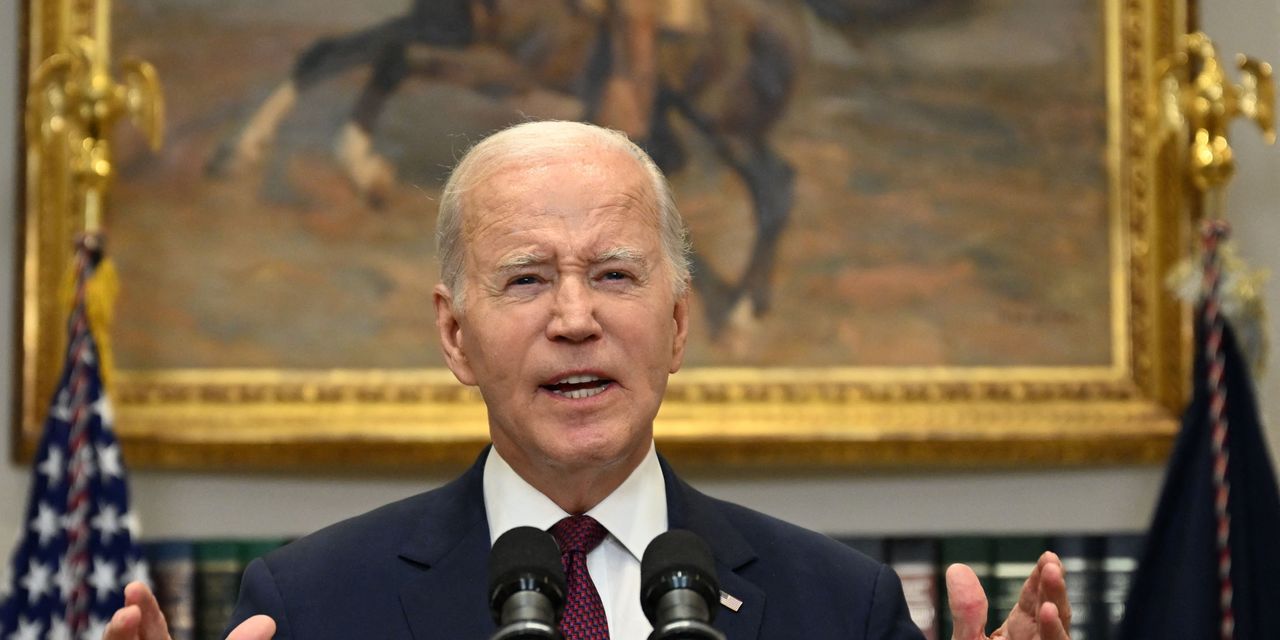The Biden administration said it will provide guidance to colleges and universities as to how they can legally maintain diverse student bodies in the wake of the Supreme Court’s decision knocking down affirmative action.
The court’s conservative majority ruled that the admissions programs at Harvard University and the University of North Carolina, which use race-conscious strategies, violate the equal-protection clause of the 14th Amendment. Now colleges will be searching for tactics that maintain educational diversity but comply with the law. Hours after the decision was announced, the Biden administration said it would help them in that effort.
“We cannot let this decision be the last word,” President Joe Biden said of the court’s ruling.
In a fact sheet following his remarks, the White House provided detail on the types of information the administration is encouraging colleges to weigh in the admissions process. The administration said Biden is calling on colleges to consider factors including a student’s financial means, his or her hometown and high school, and “personal experiences of hardship or discrimination, including racial discrimination, that a student may have faced.”
On Thursday, the White House also said the Department of Education and the Justice Department would provide colleges with clarity on what colleges can still legally do to support students from underserved communities. The Biden administration said it would provide this guidance within the next 45 days.
One challenge schools will likely face operationalizing the court’s decision is figuring out in which situations the court left room for considering race, said Dominique Baker, an associate professor of education policy at Southern Methodist University.
Though the court struck down the race-conscious admissions policies at UNC and Harvard, Chief Justice John Roberts wrote in the court’s majority opinion that the decision doesn’t prohibit universities from considering “an applicant’s discussion of how race affected the applicant’s life, so long as that discussion is concretely tied to a quality of character or unique ability that the particular applicant can contribute to the university.”
That left Baker wondering, “How do institutions thread the needle where they don’t consider race, but they can consider it for individuals?” she said. She’s hopeful the guidance provided by the Departments of Education and Justice will help schools work through those issues.
In addition to guidance, the White House said the Department of Education’s National Center for Education statistics will look at ways to collect and publish more information about higher-education admissions and enrollment practices. That data could include information on applicants’ and enrollees’ race, legacy status and other factors.
See: As Supreme Court strikes down affirmative action, the push to end legacy admissions may gain momentum
The agency will also convene a summit on educational opportunity and produce a report highlighting admissions strategies for increasing diversity and educational opportunity.
Before the high court’s decision was announced, Baker and other supporters of race-conscious admissions expressed concern that colleges could overreact to the court’s ruling and pull back too aggressively on efforts to increase diversity to mitigate legal risk.
Baker said the Biden administration’s efforts could help prevent that kind of outcome. “These are the types of steps you would want to see to try to stem overreaction,” Baker said. “But I have no idea if it will be successful or not.”
Read the full article here







